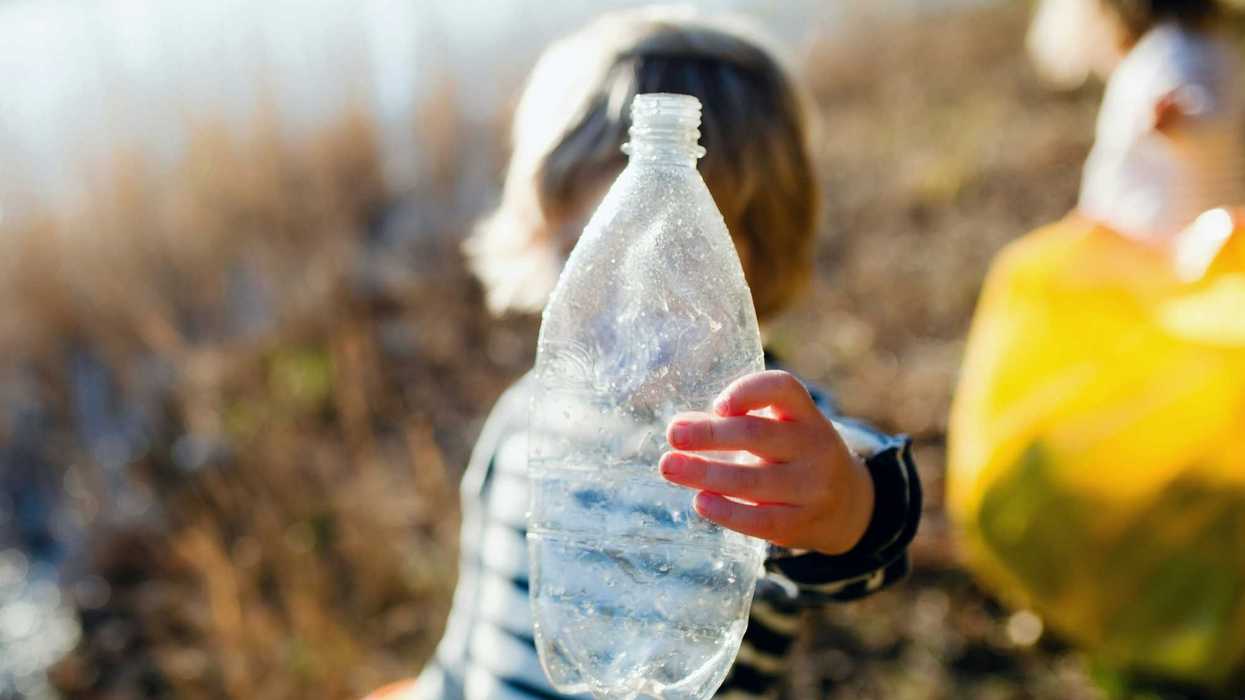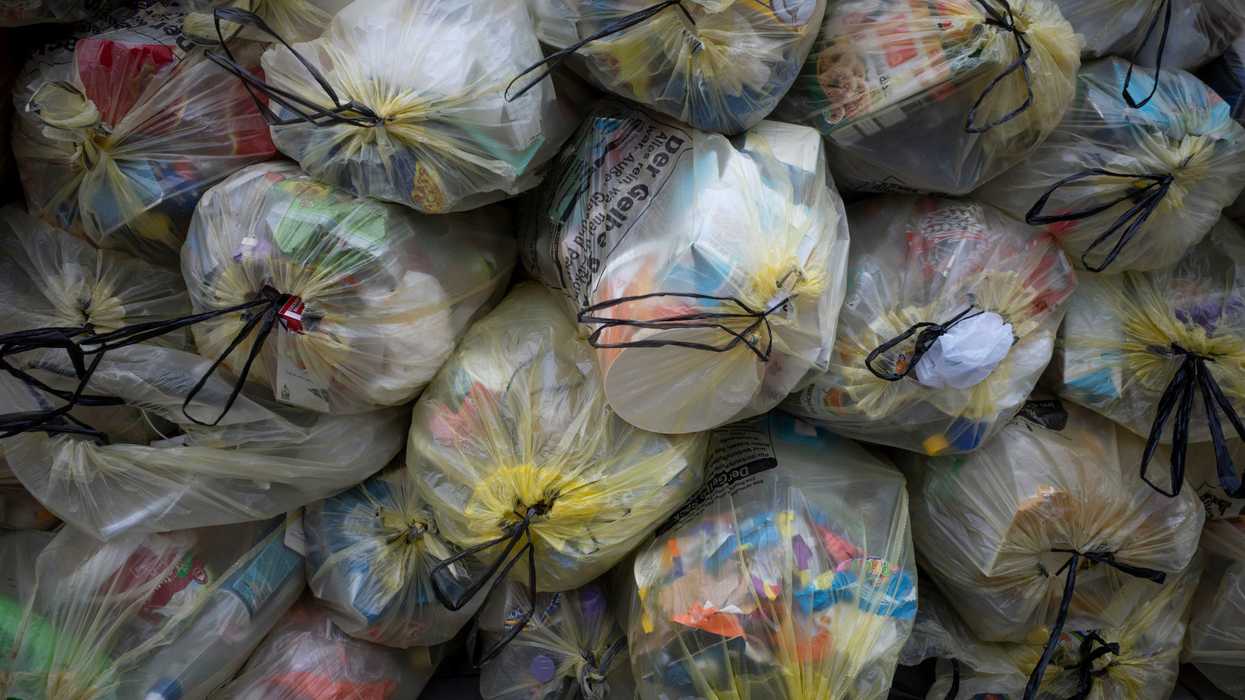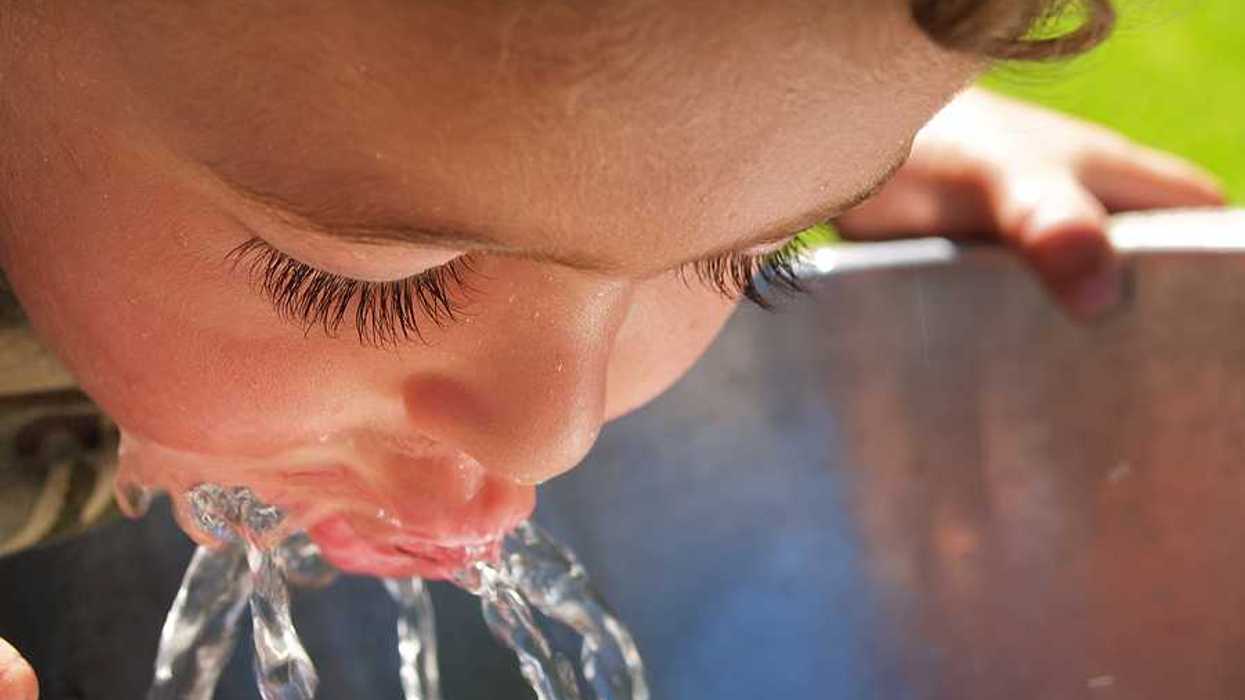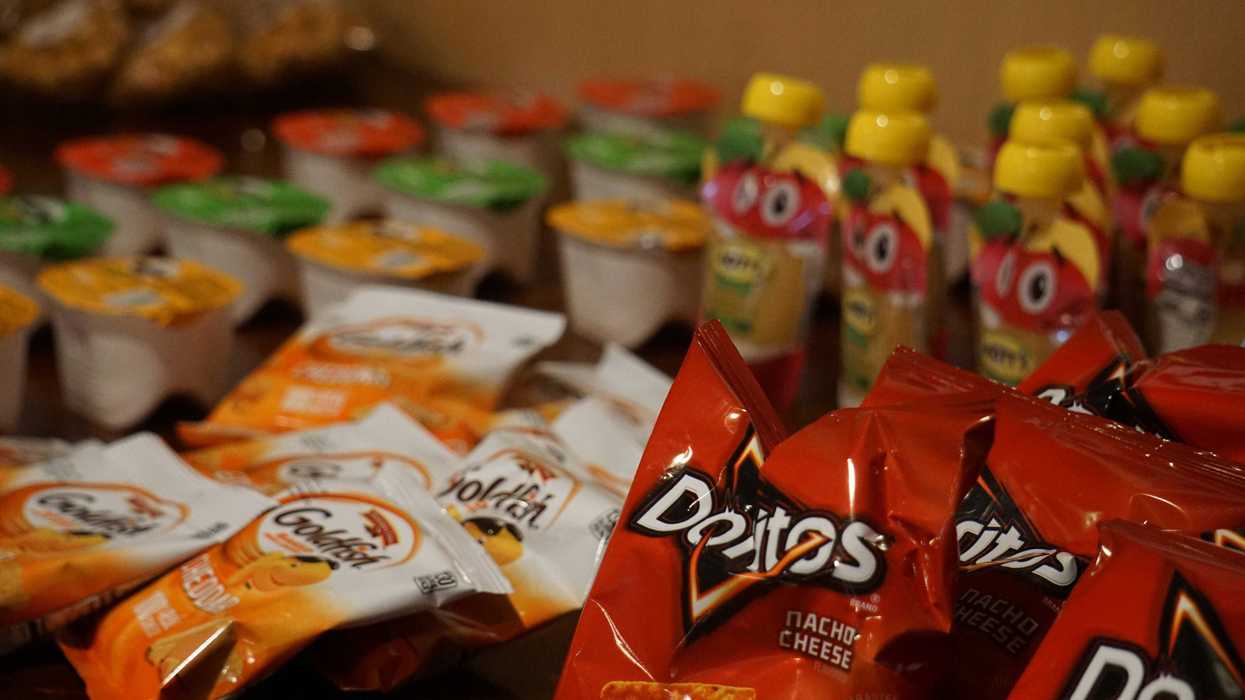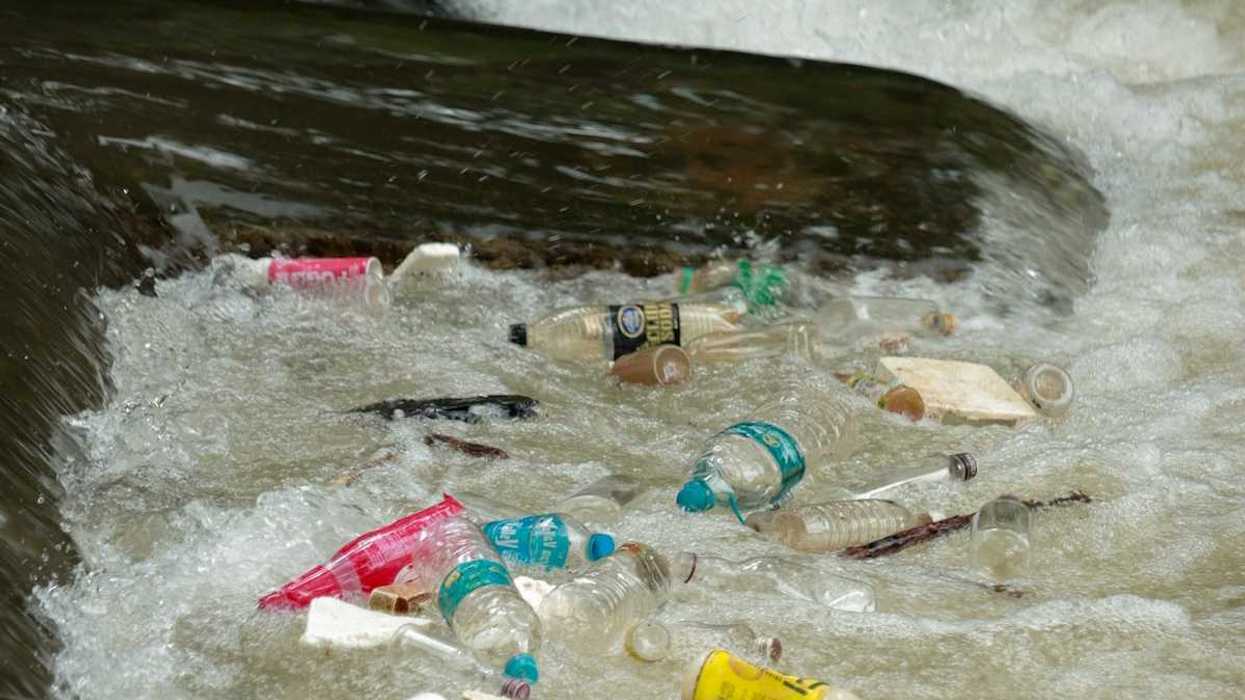A new briefing paper from Project TENDR highlights the threat plastic poses to children’s neurological development and the need for a strong global plastics treaty to address that harm.
In short:
- Babies born today are contaminated with plastic before leaving the womb, with exposure taking place through the placenta, as well as breastmilk and infant formula.
- The paper points to overwhelming evidence that plastics and their chemical components contribute to problems with brain development and neurological disorders.
- The paper also recommends measures necessary for the global plastics treaty to successfully protect health, including a substantial cap on plastic production.
Key quote:
“While we cannot change our genes, we can reduce the onslaught of plastics and associated toxic chemicals that are contributing to lasting problems in cognition, behavior, and attention.”
Why this matters:
In the US, one in six children have a neurological disability, with the prevalence of those disabilities increasing over the past decade. As the UN negotiation of the global plastics treaty comes to a critical juncture, the authors of this paper call for a final treaty that protects brain health by eliminating non-essential uses of plastics and harmful chemicals.
Related EHN coverage:
- “Plastic will overwhelm us:” Scientists say health should be the core of global plastic treaty
- American Heart Association: Children must be protected from health threats of environmental toxics
- Op-ed: What we know about toxic chemicals and children’s mental health
More resources:
Project TENDR is an alliance of leading scientists, clinicians, and advocates focused on protecting children from pollution and chemicals that harm brain development. Their work includes a consensus statement on neurodevelopmental risks from chemical exposures.





